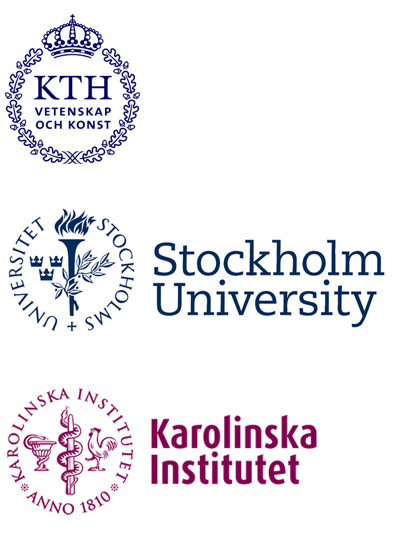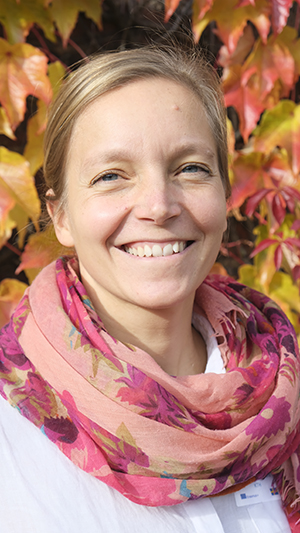Transforming Science and Technology Education for the Anthropocene Era
A Stockholm Trio collaborative Project
Anne-Kathrin Peters, Associate Professor at KTH, has secured funding through the national HP-lyftet, funds for projects aimed at stimulating development and new knowledge nationally in the practice of higher education pedagogy. The funds are for an exciting project that addresses one of the most pressing challenges in higher education today; To change how science and technology are taught and perceived in our time, which we now call the Anthropocene era.
Transforming the teaching of science and technology
The aim of the project is to transform the teaching of science and technology by applying existing research and collaborating with committed teachers. The focus areas are courses that do not normally include sustainability issues, and making such a change is both important and challenging.
The project aims to create a learning environment where teachers are encouraged to think outside the box and challenge current norms and values in the subject. This includes reflecting on how technology affects our society in the Anthropocene, an era characterised by human impact on the planet.
To achieve these goals, the project uses a multidisciplinary approach that integrates insights from different disciplines. It aims to broaden the view of science and technology and raise awareness of the role of technology and its impact on individuals, society and the environment.
Interview with Anne-Kathrin Peters
In this short interview, Associate Professor Anne-Kathrin Peters shares her insights, experiences and vision for the project with Stockholm University.
Pedagogical development
One of the most exciting aspects of the project is its focus on pedagogical development. It aims to provide teachers and lecturers with tools and insights to engage students in a more meaningful way. By developing new teaching materials and methods, the project hopes that students will develop a deeper understanding of the subject and its relevance in our time.
The project involves not only teachers but also course coordinators, lecturers, and directors of studies. Through cooperation and exchange of experience between these actors, the project is expected to create a positive impact at both local and national levels. It will help to strengthen teaching development and promote knowledge transfer between different higher education institutions.
Commitment to sustainability
Finally, the project's goal is to continue to influence higher education and research in the field in Sweden and potentially internationally. By capitalising on teachers' and students' experiences and commitment to sustainability, the project can continue to flourish and create a future where science and technology as well as education in these fields, are key to a better world in the Anthropocene era.



